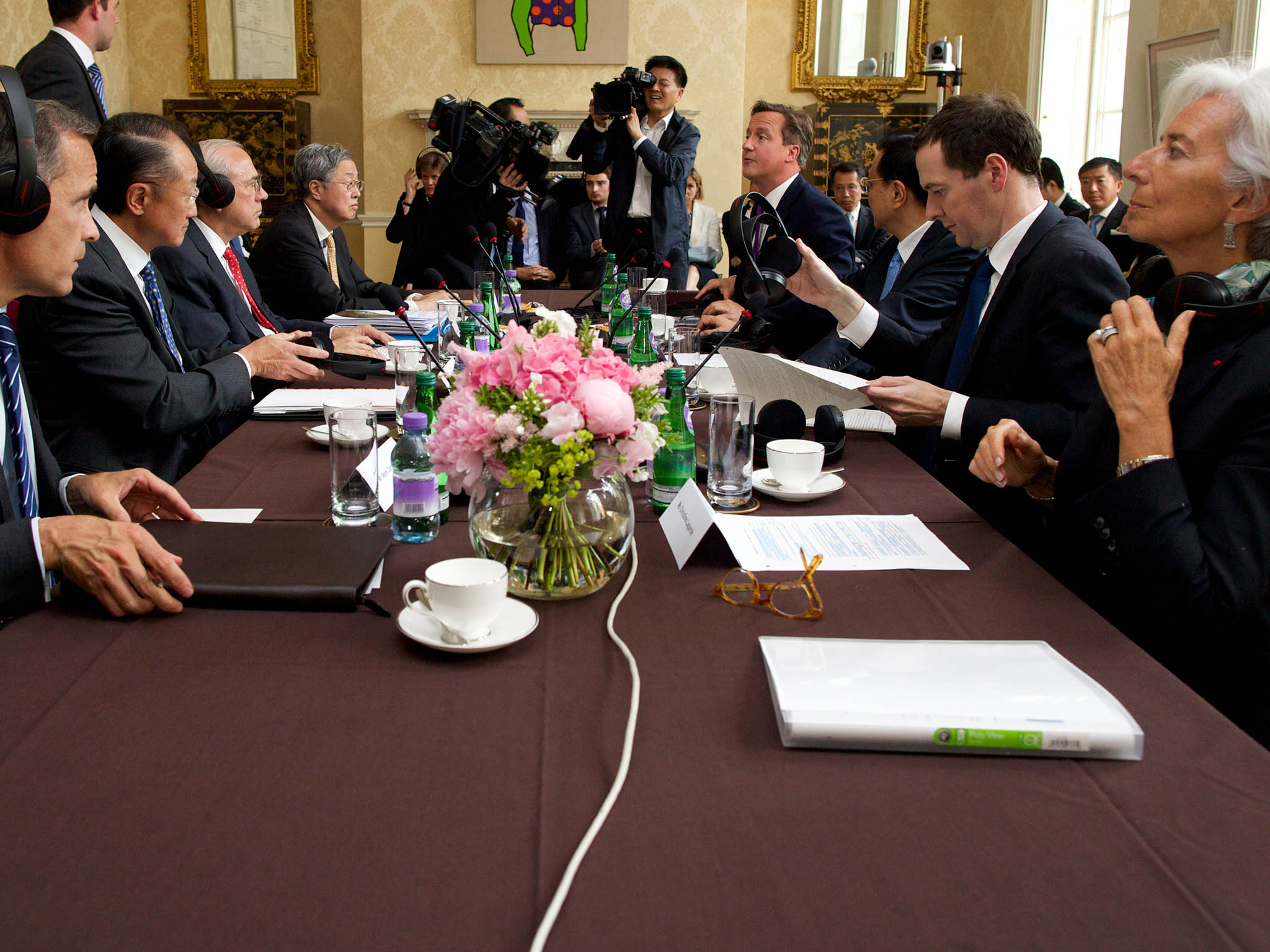The campaign to stay in the EU must shed its establishment image
The sheer weight of the consensus that leaving the EU is likely to cause lasting damage to the British economy is almost embarrassing

Your support helps us to tell the story
From reproductive rights to climate change to Big Tech, The Independent is on the ground when the story is developing. Whether it's investigating the financials of Elon Musk's pro-Trump PAC or producing our latest documentary, 'The A Word', which shines a light on the American women fighting for reproductive rights, we know how important it is to parse out the facts from the messaging.
At such a critical moment in US history, we need reporters on the ground. Your donation allows us to keep sending journalists to speak to both sides of the story.
The Independent is trusted by Americans across the entire political spectrum. And unlike many other quality news outlets, we choose not to lock Americans out of our reporting and analysis with paywalls. We believe quality journalism should be available to everyone, paid for by those who can afford it.
Your support makes all the difference.The campaign to leave the European Union appeared to be having a bad week. Boris Johnson, who is now a mere backbench Member of Parliament, having ceased to be Mayor of London, made a fool of himself on the radio on Wednesday. He sounded evasive when it was put to him that he had written an article advocating Remain and another advocating Leave before coming out for Brexit three months ago.
The Leave campaign embarrassed itself by issuing a late-night statement condemning ITV and its political editor, Robert Peston, in the most hysterical terms, for having the temerity to book Nigel Farage – who is not part of the official Leave campaign – to appear after the Prime Minister in a TV show.
For a group of people who hold themselves out as capable of handling the complex international trade negotiations that would follow a Brexit vote, Mr Johnson and the Leave campaign come across as divided, unstable and angry.
On the other side, the case made by the Remain campaign seems to continue to strengthen. The Prime Minister’s speech on Monday was mocked by some as “predicting World War Three” if Britain left the EU. In fact, he made the reasonable point that the history of the European continent has too often been one of military conflict, and that, while the EU has not been the only cause of relative peace since 1945, it has undoubtedly been a factor.
The interventions on Thursday and Friday respectively of Mark Carney, Governor of the Bank of England, and Christine Lagarde, managing director of the International Monetary Fund, were more significant. In both cases, the individuals with great personal credibility with the British electorate are backed by highly trusted organisations.The Bank of England’s analysis, for example, was backed by all nine members of the Monetary Policy Committee.
The sheer weight of the consensus that leaving the EU is likely to cause lasting damage to the British economy is almost embarrassing – “36-nil” as one Number 10 official described it privately to The Independent.
And yet our ComRes opinion poll today finds that, among the general public, Mr Johnson is thought to be more likely to “tell the truth about the EU” by twice as many people as think that of Mr Cameron. What is more, the Leave campaign generally is considered more likely to tell the truth than the Remainers.
This is, we hope, a useful warning against complacency, and a measure of the yawning chasm between elite and popular opinion in Britain today. Despite – and perhaps in part because of – the overwhelming consensus among figures of authority that EU membership is in Britain’s interest, many people feel that they are being bamboozled by the well-educated, the rich and the establishment.
There is something in this. Many of the “elite” thought adopting the euro was a good idea, and were slow to accept that there were downsides to the free movement of EU workers.
So it is to be hoped that “Stronger In”, having established the macroeconomic case for staying in the EU, is able in the final weeks to make the campaign more streetwise. Our poll suggests that the economic case is cutting through. By a small and slightly growing margin, more people think that they personally would be better off if Britain stayed in the EU.
In the final stretch of the campaign, Mr Cameron – along with Jeremy Corbyn, Alan Johnson, Tim Farron, Nicola Sturgeon, Leanne Wood and grassroots campaigners throughout the UK – need to redouble their efforts to make it clear that the case for the EU is not an establishment conspiracy – the establishment just happens to agree with it because it is right.
Join our commenting forum
Join thought-provoking conversations, follow other Independent readers and see their replies
Comments